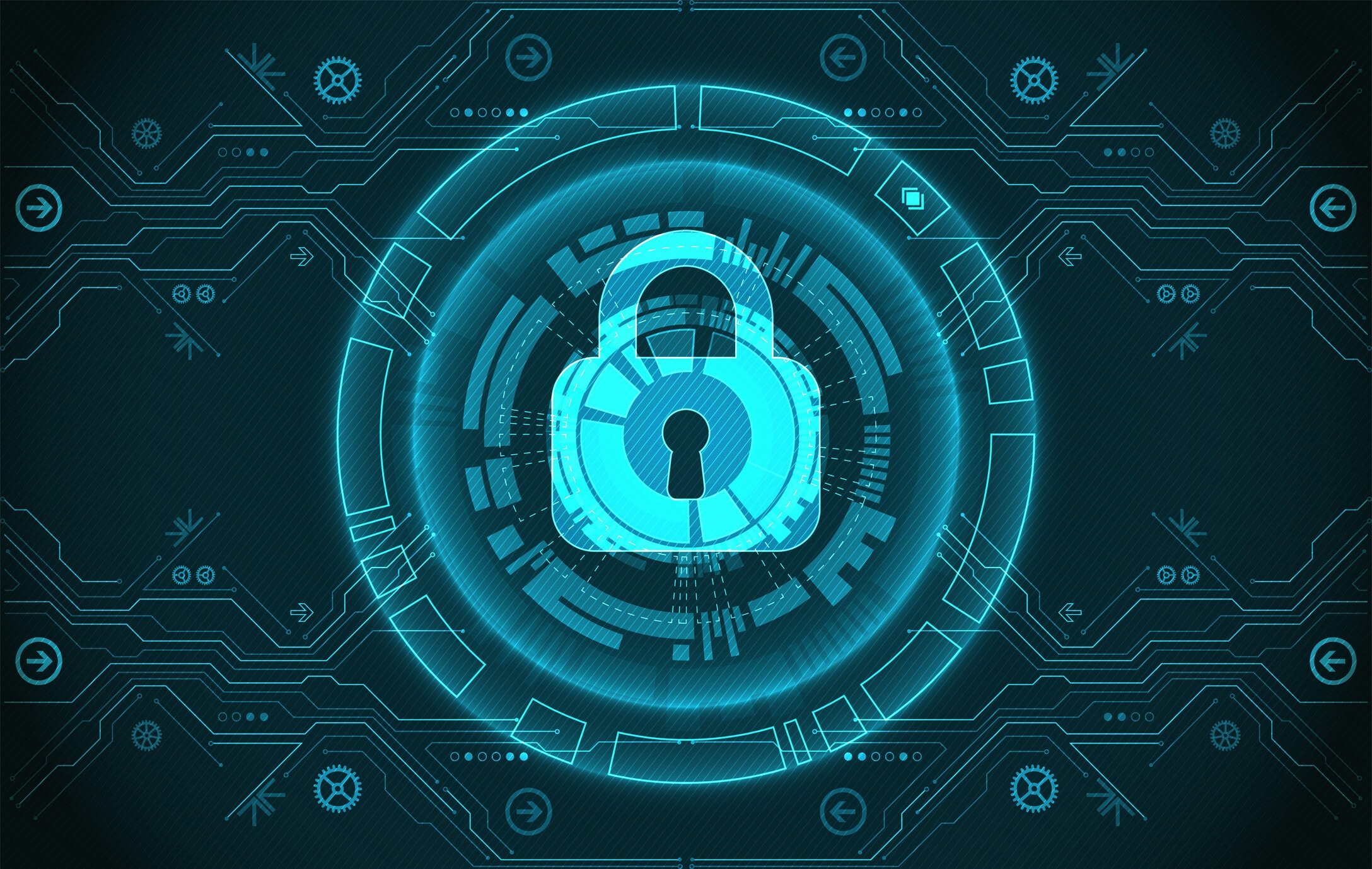The Quantum Internet is just a decade away. Here's what you need to know

A quantum internet would be one that uses quantum signals instead of radio waves to send information.
Image: REUTERS/Toru Hanai
Stay up to date:
Fourth Industrial Revolution
In brief
As China moves closer to building a working quantum communications network, the possibility of a quantum internet becomes more and more real. But what does having a quantum internet mean?
The next level
The word “quantum” sounds so advanced and complex that people tend to get hyped up about anything attached to it. While not every quantum breakthrough elicits a positive response, in the case of a so-called quantum internet, people have a reason to be excited.
In the simplest of terms, a quantum internet would be one that uses quantum signals instead of radio waves to send information. But let’s explain that a bit further.
The internet as we know it uses radio frequencies to connect various computers through a global web in which electronic signals are sent back and forth. In a quantum internet, signals would be sent through a quantum network using entangled quantum particles.
Following what Einstein called “spooky action at a distance,” entangled particles exist in a special state that allows information carried in one to be instantaneously reflected in another — a sort of quantum teleportation.
Researchers have recently made significant progress in building this quantum communication network. China launched the world’s first quantum communication satellite last year, and they’ve since been busy testing and extending the limitations of sending entangled photons from space to ground stations on Earth and then back again. They’ve also managed to store information using quantum memory. By the end of August, the nation plans to have a working quantum communication network to boost the Beijing-Shanghai internet.
Leading these efforts is Jian-Wei Pan of the University of Science and Technology of China, and he expects that a global quantum network could exist by 2030. That means a quantum internet is just 13 years away, if all goes well.
Quantum web surfing?
So, what does a quantum internet mean for regular internet users? As far as typical internet surfing goes, probably not much.
It’s highly unlikely that you’ll be using the quantum internet to update your social media feed, for one. “In many cases, it doesn’t make a lot of sense to communicate quantum mechanically,” University of Washington physicist Kai-Mei Fu told WIRED. For such things, regular internet communication is enough.
The quantum internet would excel, however, at sending information securely. Through what’s known as quantum encryption or quantum cryptography, people would be able to send “unhackable” data over a quantum network. This is because quantum cryptography uses a mechanic called quantum key distribution (QKD), which means an encrypted message and its keys are sent separately. Tampering with such a message causes it to be automatically destroyed, with both the sender and the receiver notified of the situation.
A quantum internet could also speed up access to a working quantum computer by putting quantum computing in the cloud. Instead of trying to get your hands on a physical quantum computer, which we still haven’t quite managed to make publicly available, you could access one through the cloud.
A regular personal computer could transmit or access quantum-encrypted information through this cloud-based quantum computer. At the very least, you could send “unhackable” emails. “Users might not want to send their information classically, where it could be eavesdropped,” Fu told WIRED.
Essentially, a quantum internet would most likely become a specialized branch of the regular internet, one we would only connect to for specific tasks. However, even if the quantum internet doesn’t work the same way the current internet does, one thing is for sure: the cutting-edge technology has the potential to benefit everyone, from hardcore physicists to regular Joes streaming the latest (not leaked) episode of Game of Thrones.
Don't miss any update on this topic
Create a free account and access your personalized content collection with our latest publications and analyses.
License and Republishing
World Economic Forum articles may be republished in accordance with the Creative Commons Attribution-NonCommercial-NoDerivatives 4.0 International Public License, and in accordance with our Terms of Use.
The views expressed in this article are those of the author alone and not the World Economic Forum.
Related topics:
Forum Stories newsletter
Bringing you weekly curated insights and analysis on the global issues that matter.
More on Fourth Industrial RevolutionSee all
Spencer Feingold
August 18, 2025
Jon Jacobson
August 14, 2025



